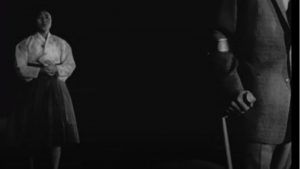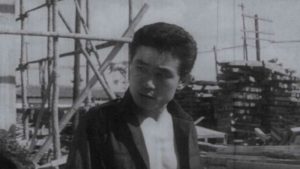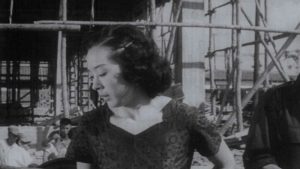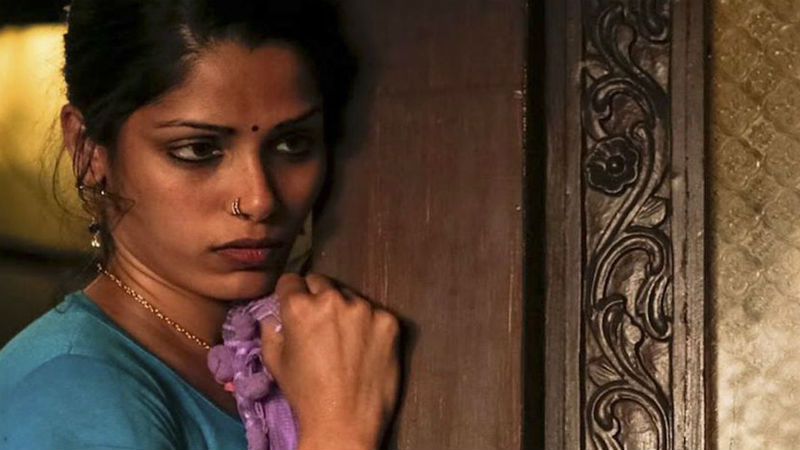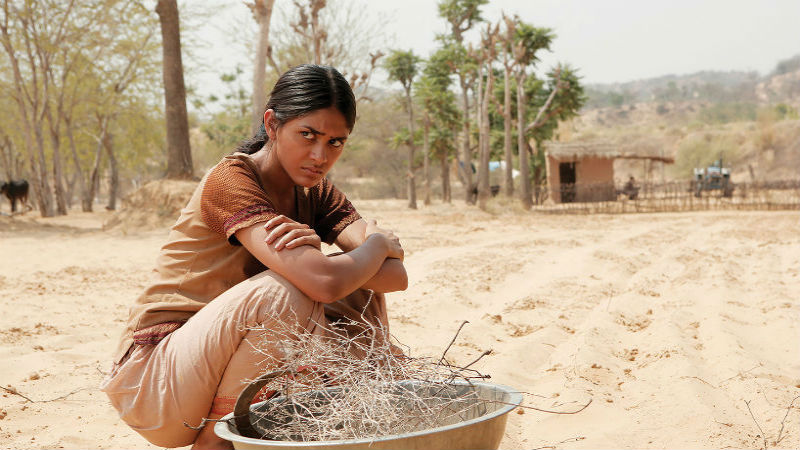QUICK SNAP: LIVE FROM TALLINN
Laure Calamy is astounding in Her Way, turning in the rare kind of performance that alters the very texture and feel of a film. Appearing in almost every scene as Marie, a Strasbourg sex worker turning every single trick possible in order to help her son, this is probably the finest acting work I’ve seen at Tallinn Film Festival this year, giving great presence and potency to Cécile Ducrocq’s debut film.
The intimate yet banal nature of prostitution is quickly established in the film’s opening scene, featuring Marie letting a punter into her home, guiding him through his nervousness and giving him oral sex. It cost 45 euros. Her Way constantly reminds you of the transactional nature of the work involved in this way. Treating it as a job like any other, this scene is later paralleled with her having sex with one of her regulars, a pharmacist who also comes weekly to complain about his wife.
France has a complicated relationship with prostitution. While selling your body is not illegal, purchasing sex is, meaning that it is hard for sex workers to set reasonable prices. This causes great pain for Marie, who wants to help her son (Nissim Renard) train to become a chef. Kicked out of state training due to his poor attitude, the only option left is to find €5000 within just a couple of months to get him enrolled in a fancy private school. With little options left in France, she drives daily to a brothel across the German border in Offenburg, working every night in order to make the money in time.
Great care is laid out in explaining just how prostitution works and the ways that women can find themselves being failed through an imperfect system, whether it’s the African women in France being illegally pimped out on the streets or the squabbling between girls in the German brothel. The women share tips — usually aiming for quick and easy guys over rough, older men — and friendships, giving us a great sense of how the industry works from the inside. While there are certain scenes that have a harshness to them, it never feels exploitative, showing the obvious research and care that Ducrocq has put into depicting the industry.
Shot on handheld, but with a good sense of space and blocking, the film often cuts away from scenes in the middle of a confrontation, giving a constantly rising sense of tension. Ducrocq also has a great ability of finding the right time for a montage to move the story along and give it a rush of feeling. At the centre of all this is Calamy, playing an imperfect, tempestuous, stubborn and passionate woman with the kind of nuance rarely seen in adult (in both senses of the word) dramas. While I had some squabbles with the final third — a tightly-walked deliberate line between traditional plot resolution and more nuanced character work that doesn’t quite come off — it acts as a fine calling card for the debut director and could even be a conversation starter in the Gallic nation.
Her Ways plays in the First Feature Section of the Talinn Black Nights Film Festival, running from the 12-28th November.









